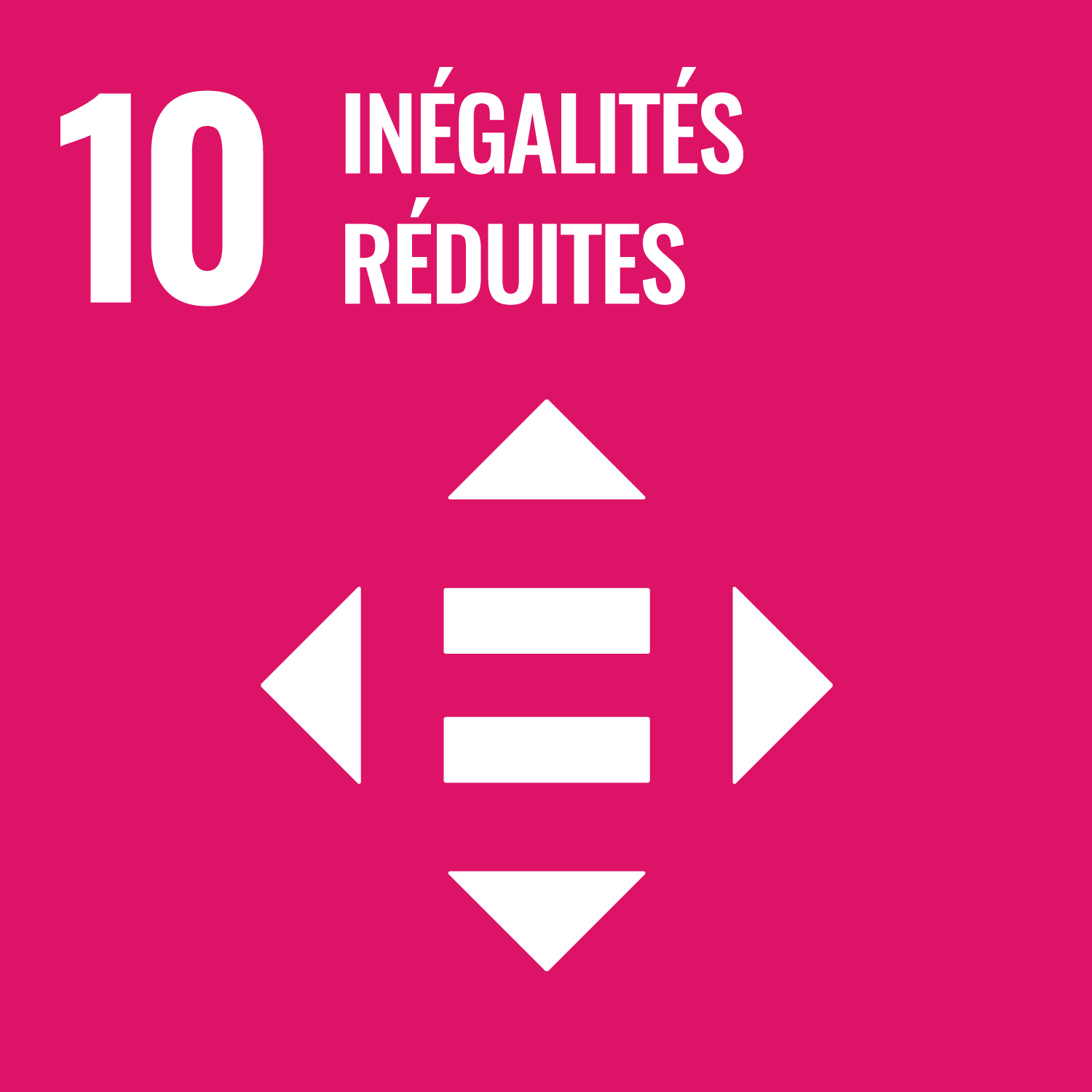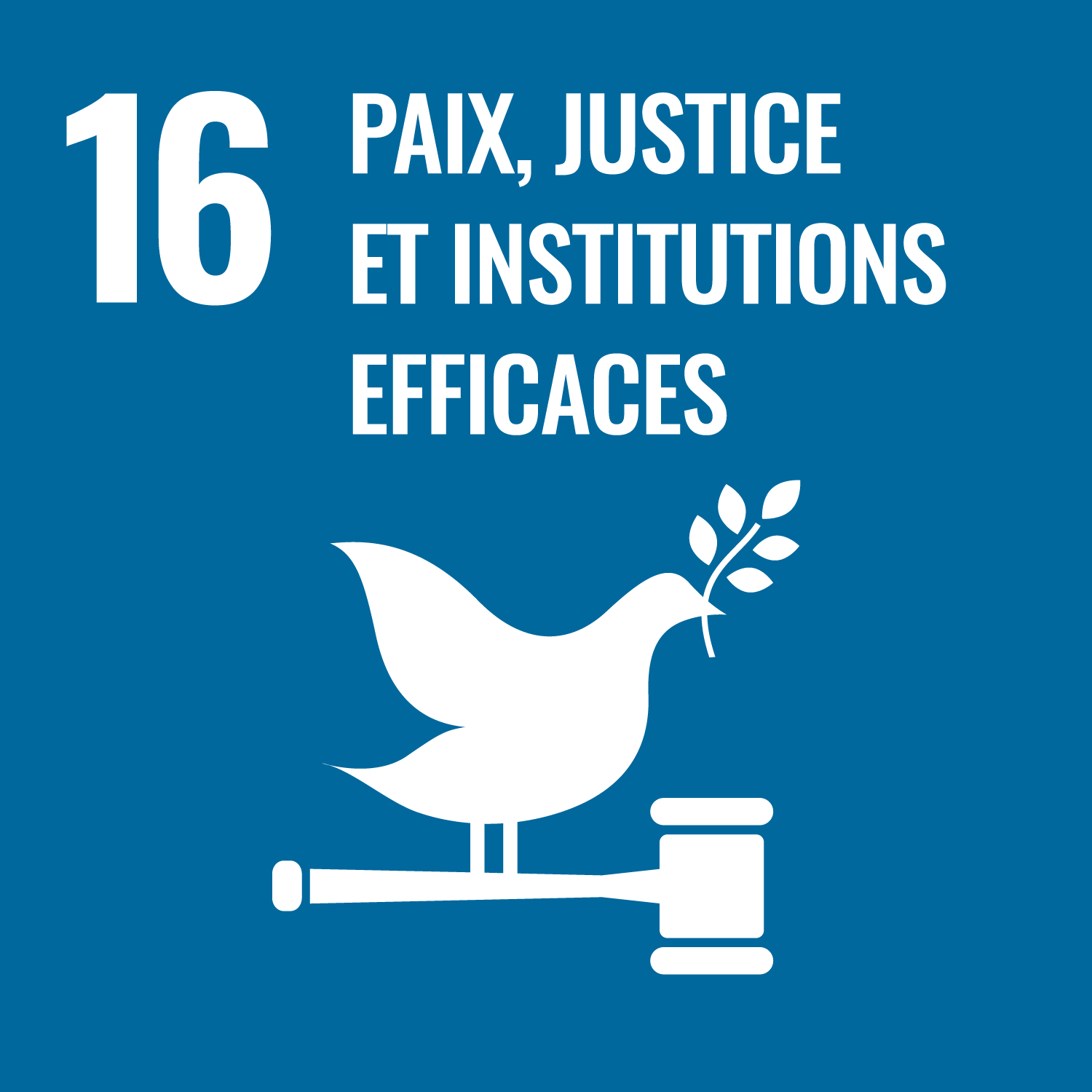Access to justice
Today, nearly 1.5 million children are deprived of their freedom around the world.
However, the deprivation of liberty of minors is strictly regulated by the International Convention on the Rights of the Child, which limits it to a remedy of last resort and ” for the shortest appropriate period of time “. The problem is that imprisonment is the easy solution for many states, which for various reasons do not necessarily look for alternative means. Indeed, if imprisonment is only the last resort, states must have provided in their national laws for a variety of alternative measures applicable to the particular situation of children.
HOW DOES IDE WORK?
ALTERNATIVES TO
DEPRIVATION OF LIBERTY
JUSTICE: PROMOTING HYBRID
JUSTICE MECHANISMS
THE QUESTION OF CRIMINAL LIABILITY
CAS Juvenile justice
Title of training course: CAS justice juvénile
Partner(s): Centre interfacultaire en droits de l’enfant de l’UNIGE, Terre des hommes – child relief
Target audience: Professionals working with children and adolescents in conflict or in contact with the law: police officers, public prosecutors, judges, lawyers, staff of public and penal institutions, educators, psychologists, doctors (pediatricians, child psychiatrists, etc.), criminologists, migration professionals, members of non-governmental and international organizations, researchers.
Objectives:
- Train professionals to understand and implement juvenile justice based on a restorative and reparative approach;
- Know the different tools and methods of intervention focused on children’s rights;
- Develop projects and interventions with children in conflict or in contact with the law, while respecting children’s rights.
Language: Spanish
Format: distance learning
Diploma obtained: Continuing Education Certificate (CAS) in Juvenile Justice
Remarks: More information at https://www.unige.ch/cide/fr/formations/formations-distance/cas-en-justice-juvenile/



